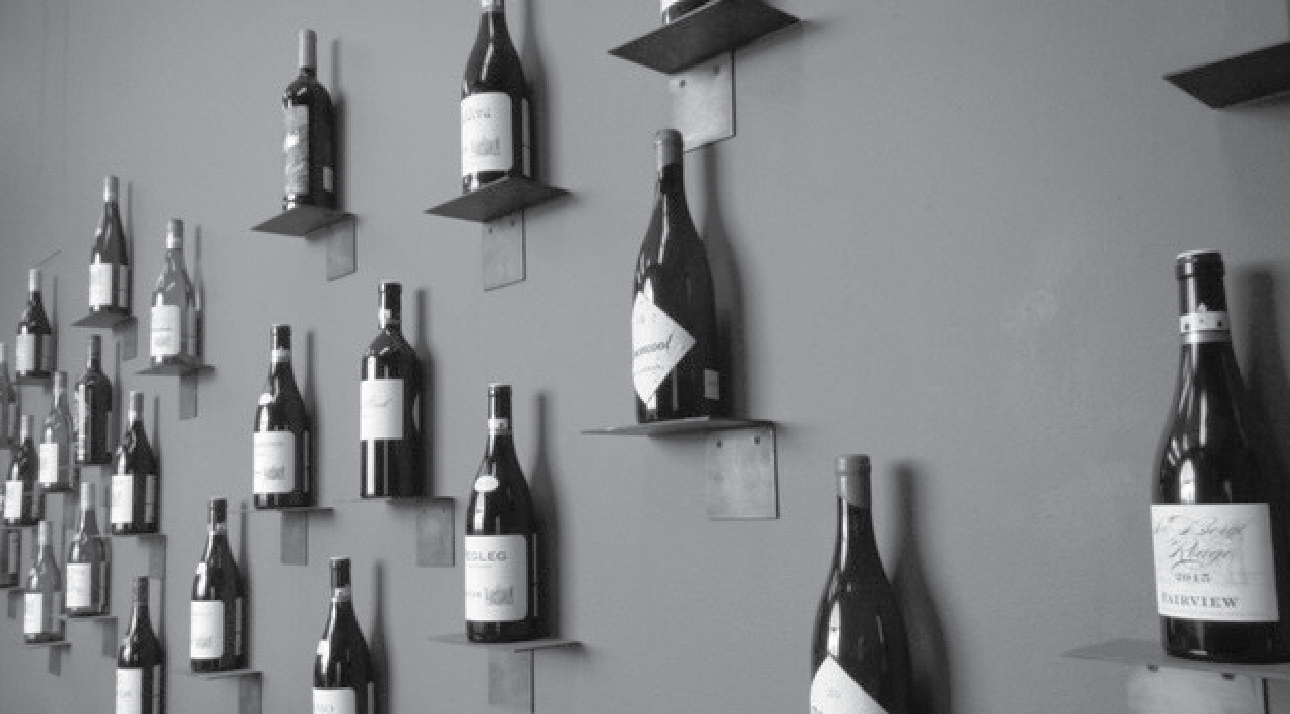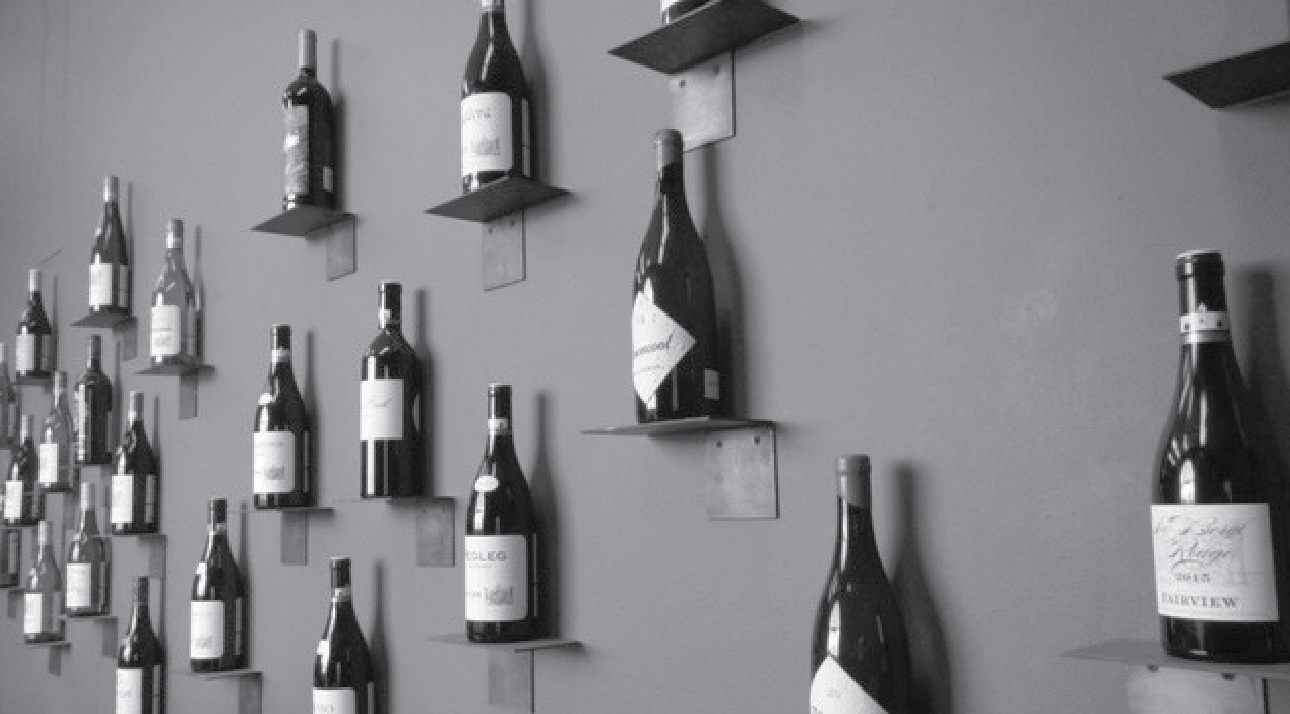
We met Licia Solomons and a group of her co-workers on an excursion into the South African wine country.
A day of sipping world class wines and merrymaking was on the agenda. Our group, a multi-disciplinary representation of Rollins faculty and staff, was very much looking forward to it. Licia is a colored, single mother.
Now, before you get offended by the term “colored,” you must come to terms, as we did, with what is the legal and very acceptable terminology to delineate race in South Africa—white, colored (mixed race), and black.
Licia’s race is only part of her story. She is also a master winemaker and the assistant winemaker at Spice Route Wines, part of the Fairview Wines and Cheese family of companies. Licia’s co-workers were also colored, and black, and mostly female, yet hold similar positions of responsibility.
To say they are an anomaly, an exception, pioneers, role models, beacons of hope in post-apartheid South Africa where discrimination and the inherent struggle of the lower class remains front and center, is an understatement.
The South African wine country is located just outside Cape Town. Fairview, owned by the Back family, is one of the oldest and most successful wineries in the region dating back to the 1600s when winemaking first began in South Africa. Fairview, with over 300,000 visitors a year, is one of the area’s most visited wineries.
Charles Back is Fairview’s third generation Back family leader. He believes that “to be a true capitalist one must have a very strong social conscience”. You see that play out in how he has structured his companies and empowered his workforce. Low-level employees are trained and promoted into positions of responsibility; they’re included in decisions and the formulation of strategy.
Several workers have left to start their own companies and now do business with Fairview. Back restructured Fairview in the early 2000’s to distribute shares to employees as a reward for long and outstanding service. Charles Back and his family of companies are a stirring example of how visionary leadership and a commitment to authentic corporate social responsibility can truly empower and change lives.
Like most South African industries, the business of winemaking has a dark past of “white” economic success fueled by a disenfranchised, multi-ethnic workforce. Understanding its history was sobering. Learning how Fairview is changing the narrative for Licia, her co-workers and future generations of South Africans, was inspiring.
If you’re ever in South Africa, you must visit Fairview. Remember it’s legacy of empowerment., and definitely try the Pinotage.







Be First to Comment